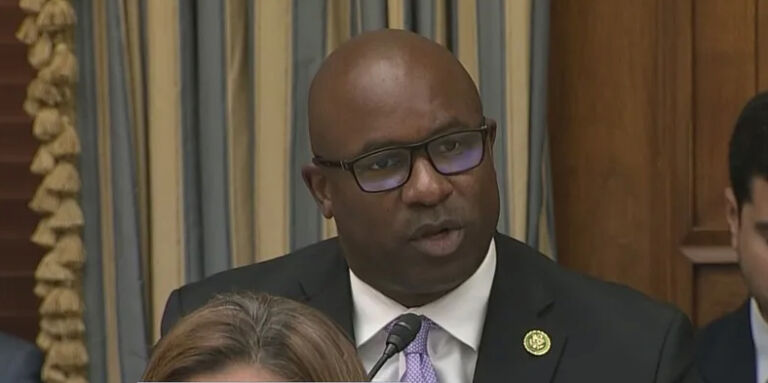Eyal Yakoby writes for the Washington Free Beacon about one Ivy League school’s experience with anti-Israel zealots.
The University of Pennsylvania, founded in 1740, has long been a bastion of academic tradition.
This year, the erection of an unlawful tent encampment on the campus green by anti-Israel student groups presented a stark challenge to university administrators: They could act swiftly to restore order so that law-abiding students could take part in storied spring traditions, or they could allow the protesters to run the show, forcing the relocation and rearrangement of several year-end undergraduate rituals.
Although Penn’s interim president, Larry Jameson, cited “credible reports of harassing and intimidating conduct” emanating from the tents and described them as a “blatant violations of university policies,” he remained reluctant to move swiftly and disband it.
I graduated from Penn on May 20 and saw firsthand how that delay—16 days—disrupted traditions like Hey Day and my graduation ceremony.
A tradition that began in the early 20th century. Hey Day marks the ascension of junior year students to the senior class. The event is held on the green outside Penn’s College Hall, where, this year, the protesters had pitched their tents.
Jameson had to clear the encampment or move Hey Day elsewhere. Handing a victory to the protesters, who had six days earlier spray-painted “Zios get fuckt” on a campus statue of Benjamin Franklin, Jameson moved the location of Hey Day, and the encampment remained.
Even after two weeks of dithering, when police moved in to remove the encampment on May 10, gates blocked off the center of campus where I once stood.
For 150 years, graduating seniors walked through campus before receiving their diplomas. This year’s class, of which I am a member, could not and did not follow the path trod by our predecessors during our graduation ceremony.


